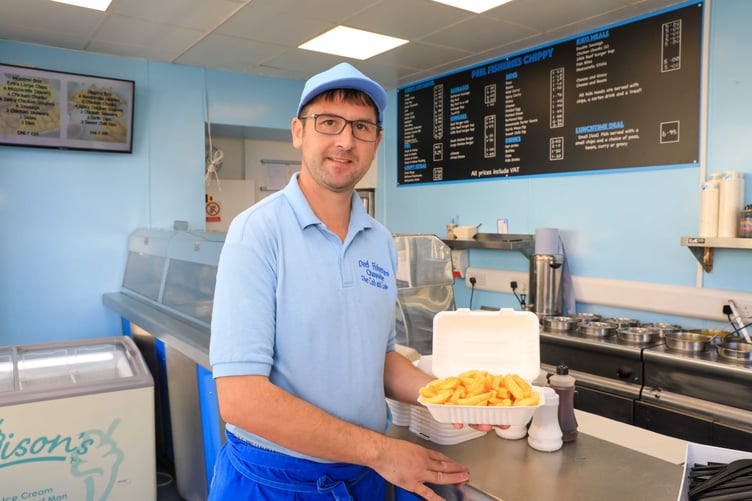A single-use plastic ban comes into effect today (October 19).
It comes after Tynwald members voted unanimously to replace the sale, distribution and supply of 10 items, which have more sustainable alternatives, in October 2022 following a public consultation on the legislation.
Businesses were given 12 months to make the necessary changes before the Climate Change (Single Use Plastic) Regulations 2022 came into effect.
The banned items are: plates, plastic carrier bags, straws (with necessary exceptions i.e. medical use), stirrers, cutlery (forks, knives, spoons, chopsticks), polystyrene food containers for immediate use, polystyrene cups, plastic stemmed cotton buds, balloon sticks, items made of oxodegradable plastics (which fragment into micro-plastics) and the manufacture, sale and distribution of rinse-off personal care products that contain plastic micro beads.
The regulations ban supply, not use, meaning that organisations can be prosecuted for giving out or selling banned items, but individuals will not be prosecuted for using an item they’ve been given or sold.
For businesses with leftover stock, the banned items must be recycled or disposed of through the appropriate waste stream.
The shift was widely supported by the Isle of Man public, with 90% of the 700 respondents to a consultation on the matter agreeing all items should be axed.
Dr Michelle Haywood MHK, political member for Environment, said: ‘This legislation positions the Isle of Man at the forefront of the fight against plastic pollution and aligns with the values of a UNESCO Biosphere and Island Plan objectives.’
David Matthews, owner of three western chippies Peel Fisheries, Cod and Castle and Quayside Fish & Chips, spoke about how the move will impact his businesses.
He said: ‘We are quite lucky as a business because we have been using biodegradable packaging for four to five years, personally I think it is a better product.
‘Then we went on to compostable knives and forks.
‘The only issue we are having at the moment is plastic bags, so we are going to have to go to large paper bags which are expensive, 20p in comparison to 5p, so we’r unfortunately going to have to pass that cost on to the customer.’
Asked about the change in price of the materials, Mr Matthews said: ‘The biodegradable containers that we changed to are more expensive, but we had to take it on the chin.
‘ We felt it would make our business and product better.
‘The move had to happen.
‘I suppose we’re a fish and chip shop so we have to try and look after the seas and protect it as much as we can.’
Chris Walker, part of the management team at Douglas-based Noa cafe and bakery, said: ‘For over a decade, we’ve put sustainability at the heart of Noa, using paper alternatives, recycling, and energy-saving practices.
‘As such, the ban won’t disrupt or change our operations, and we will always be committed to innovation in eco-friendly ways.
‘We think it’s a great move. Being a small community gives us incredible power to make meaningful positive change and we hope that it’s just the beginning of an increasingly green direction for the island.’
He added: ‘While the recent ban hasn’t prompted immediate changes, we’re continuously innovating to reduce our environmental impact.
‘Soon, we’ll eliminate single-use takeaway cups from our cafes, introducing a returnable cup deposit scheme instead.
‘We expect this shift to cut our waste by nearly one ton annually and reduce CO2 emissions by almost two tonnes. Additionally, we are really excited to be transitioning to home-compostable packaging for all the bread, pastry and coffee that heads out around the island every day.’
Robinson’s retail director, Ross Williamson, said: ‘Robinson’s as a business has always been committed to the reduction and elimination of single-use plastics to coincide with its overall environmental sustainability goals.
‘Working with our valued customers and suppliers to deliver these goals has been part of our plans for some time.
‘Brown paper bags have been placed at store level for loose produce as a substitute to plastic for many years, along with cotton string turtle bags which can be bought at our tills. Robinson’s also offers a range of compostable containers and wooden knives and forks, which are available via our wholesale channels.
‘We are working hard to ensure - both internally and externally – that all our products are in line with the new regulations. We are confident that moving forward these changes will be a success for the environment and for our community.’




.JPG?width=209&height=140&crop=209:145,smart&quality=75)
Comments
This article has no comments yet. Be the first to leave a comment.